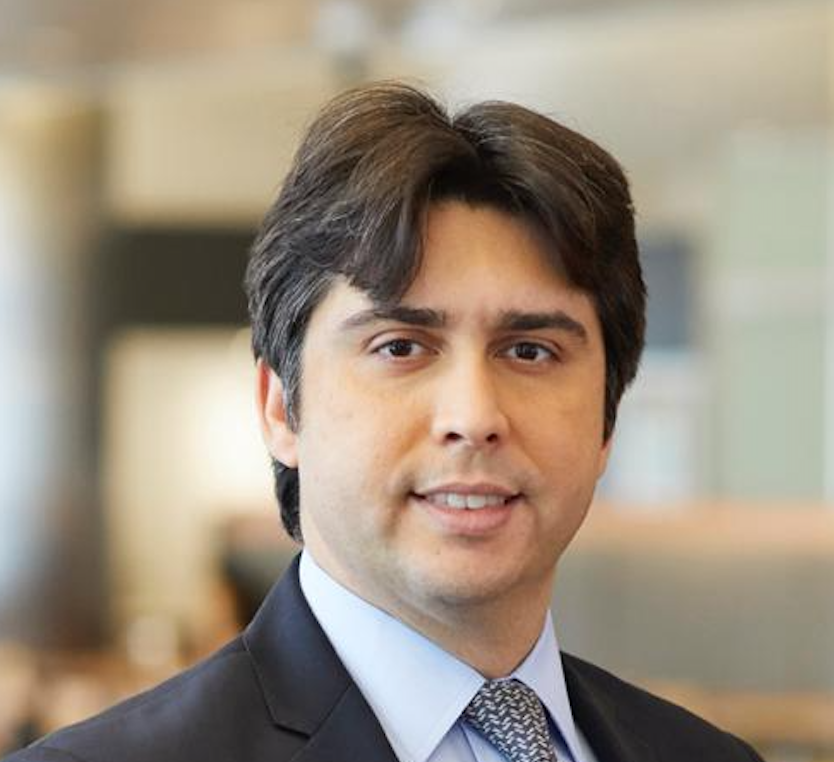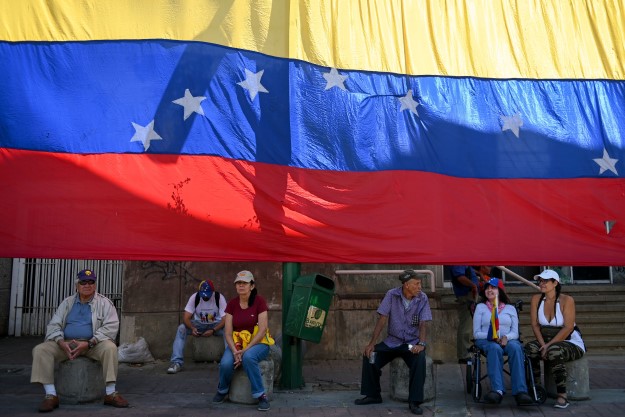After last month’s attempted uprising against his government, Nicolás Maduro’s continued hold on power in Venezuela has been read by many as a signal of strength. But there are more reasons to believe that the latest episode in the country’s crisis is just one of many zigzags common to political transitions, rather than a victory for the regime.
That’s because the latest events in Venezuela reaffirm that Maduro faces increasing friction within his governing coalition. As more of the ruling elite start to recognize Maduro’s unviability, evidence suggests that at least a portion of the regime has opened up to negotiate an exit.
The first reason to question Maduro’s grip on power is the government’s response to the April 30 uprising itself.
This was the sixth revolt within the armed forces in recent months, and the government’s response to the events was even slower than in previous episodes. The failure to produce an immediate institutional response reflects the lack of internal consensus – the government denounced the events as a coup attempt, yet despite threats of arrest, the main leader of the rebellion remains free.
The regime has initiated a crackdown on opposition figures. However, it has avoided moving directly against National Assembly President Juan Guaidó, who is considered by more than 50 countries as the legitimate authority of the country, suggesting that a move in this direction could be a potential catalyst for a stronger international response.
Second, Maduro seems to have entered a vicious cycle of mistrust. News reports suggest the rebellion may have involved multiple senior members of the regime. Although he is now trying to introduce changes in the government, Maduro can no longer trust his inner circle. His ability to reconfigure the administration will be seriously compromised and likely result in further isolation. With collapsing revenues and no credibility to implement reforms, Maduro has little to offer to strengthen the support of the regimes’ various factions.
Third, the leading role in the uprising taken by members of the National Guard and the national intelligence services (SEBIN), which are supposed to be the most loyal to Maduro, reveals the fragility of his position. This could indicate how the increase in the cost of sustaining the status quo might be affecting loyalties. These sectors of the security apparatus have been in charge of controlling protests and managing political prisoners and are therefore paying the highest personal costs for participating in the regime’s repression.
The army, meanwhile, has received the benefits of holding key positions in the government while not having to get deeply involved in the regime’s street campaign against the opposition. If Maduro can no longer rely on the support of the National Guard and SEBIN in future conflicts, the army may be asked to take part in the crackdown to a degree that risks it being taken out of its comfort zone.
That points to another reason why the regime may have lost more on April 30 than did the opposition. Despite setbacks, the opposition has preserved its greatest asset: the capacity to mobilize the public. Re-engaging with factions of the regime to look for new possibilities of transition could become more difficult after the failure of this uprising, and sectors that might have been excluded from the original deal will probably need to be incorporated and offered guarantees. Fatigue and frustration among the opposition base are also risks. But so far, the opposition has been able to sustain a high level of protests not only through the more than three months of the current episode, but over multiple years in which Venezuelans have sustained their quest for a re-democratization of the country.
This allows the opposition leadership to continue to count on strong international support while sustaining internal pressure on the regime.
Rather than whether there will be a transition in Venezuela, the question may now be what type of transition it will be. Authoritarian regimes do not tend to transfer power voluntarily; they do so only when a significant portion of the regime perceives it as the only way to avoid an undesirable consequence. In the case of Venezuela, international isolation, economic collapse and the resulting humanitarian crisis have so far not been enough to change the balance. However, considering the armed forces’ historical tendency to avoid conflict, an increased risk of fracture within the military and existing threats to the nation’s territorial integrity could begin to play a larger role in tilting segments of the regime to support a transition.
Events so far have been moving in the direction of an implosion scenario, in which the opposition could take power, potentially forming a government with defecting groups from the regime. However, the groups from the regime that could be open to a transition might be looking to lead, rather than just share power in the transition process, which may help explain the position that some of them took on April 30. Nonetheless, even if the latter were the transition path, it could be just a temporary stage to create space for a negotiation that would still likely end up in an election sooner rather than later.
More twists and turns are surely ahead. Political transitions are uncertain by definition; they do not evolve in a straight line, but have advances and retreats. Although there is a non-negligible risk of a consolidation of the authoritarian regime, structural conditions in Venezuela support the possibility of a political transition and an opportunity not only to re-institutionalize the country, but also to implement reforms that could lead to the largest expansionary cycle across emerging markets over the next five years.
—
Arreaza is a Latin America economist at Barclays









